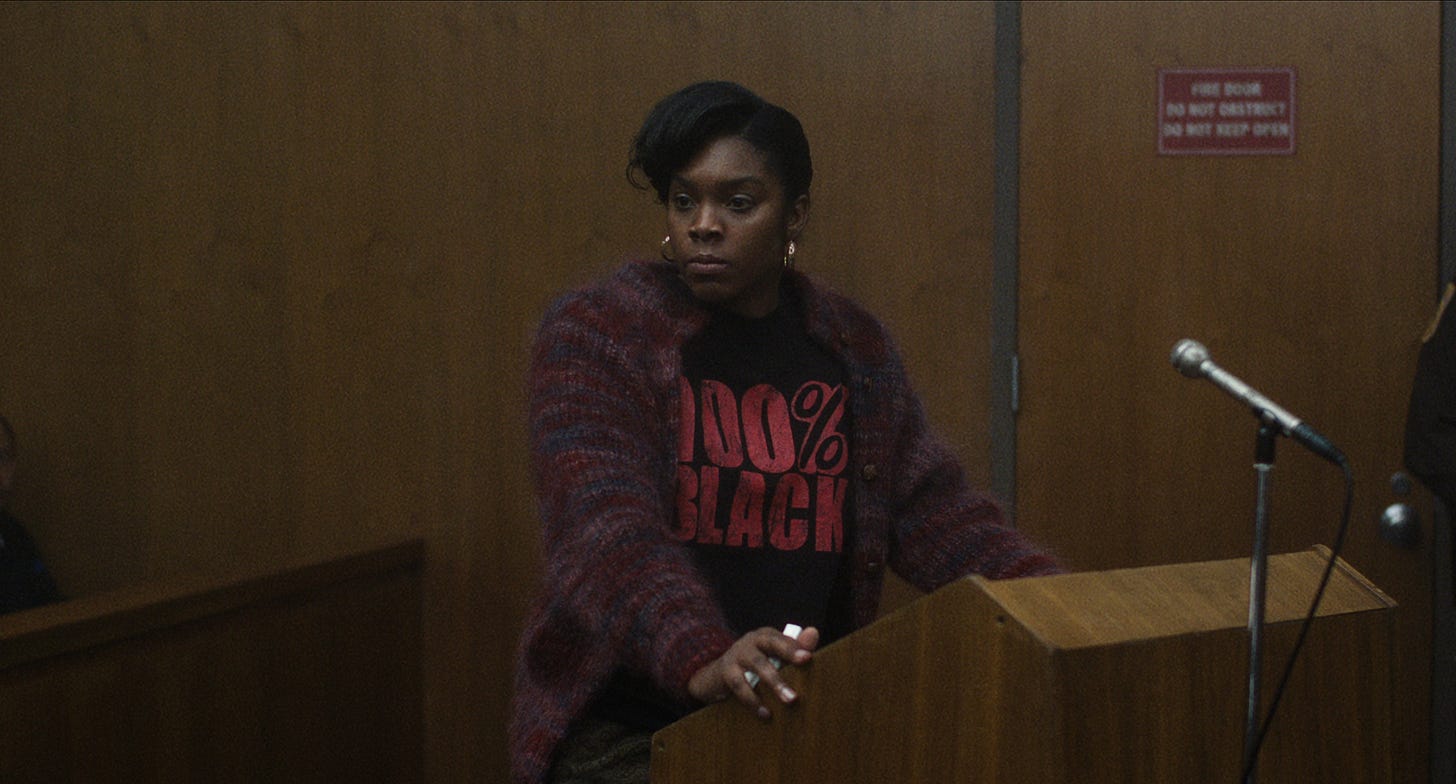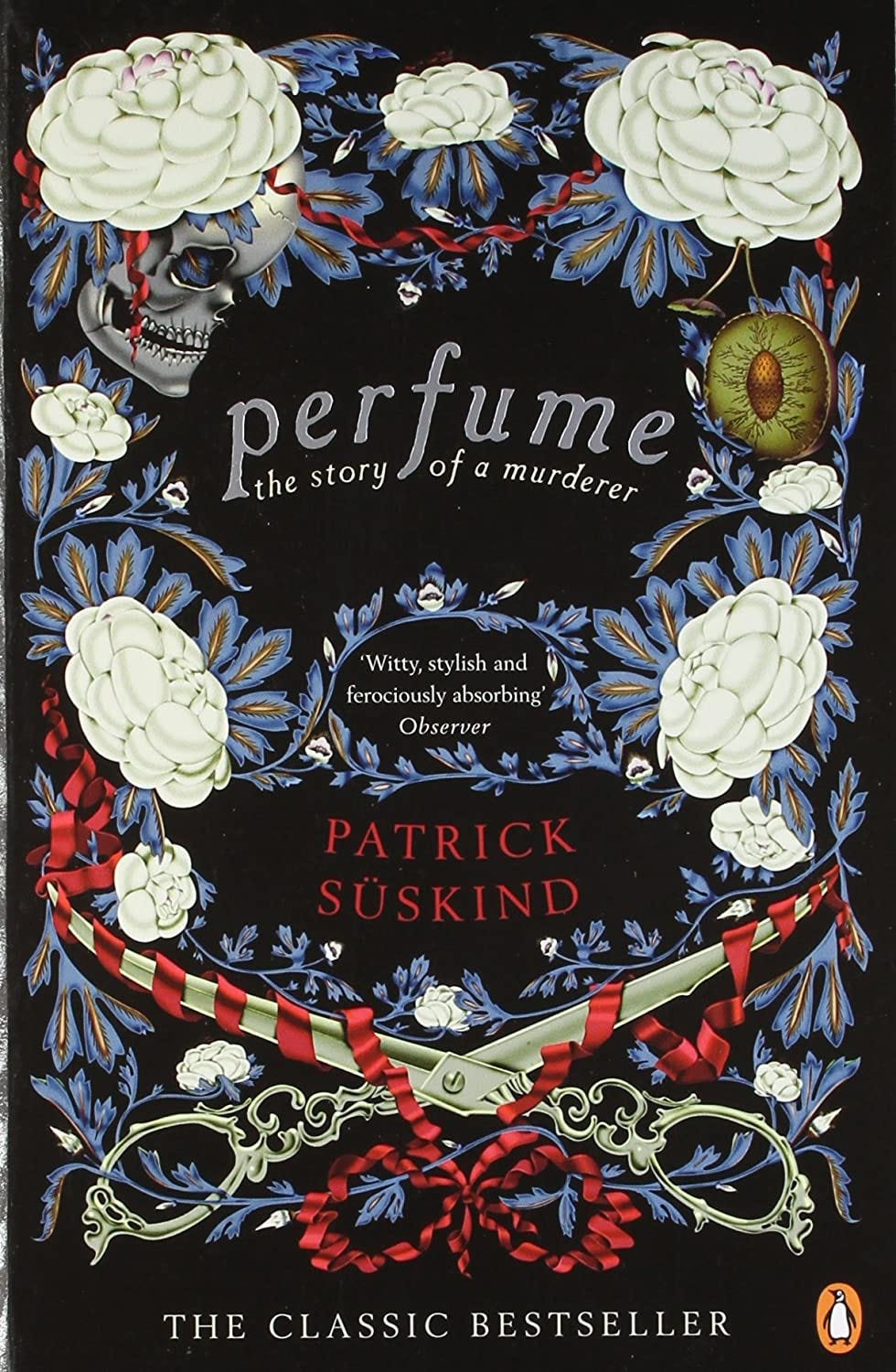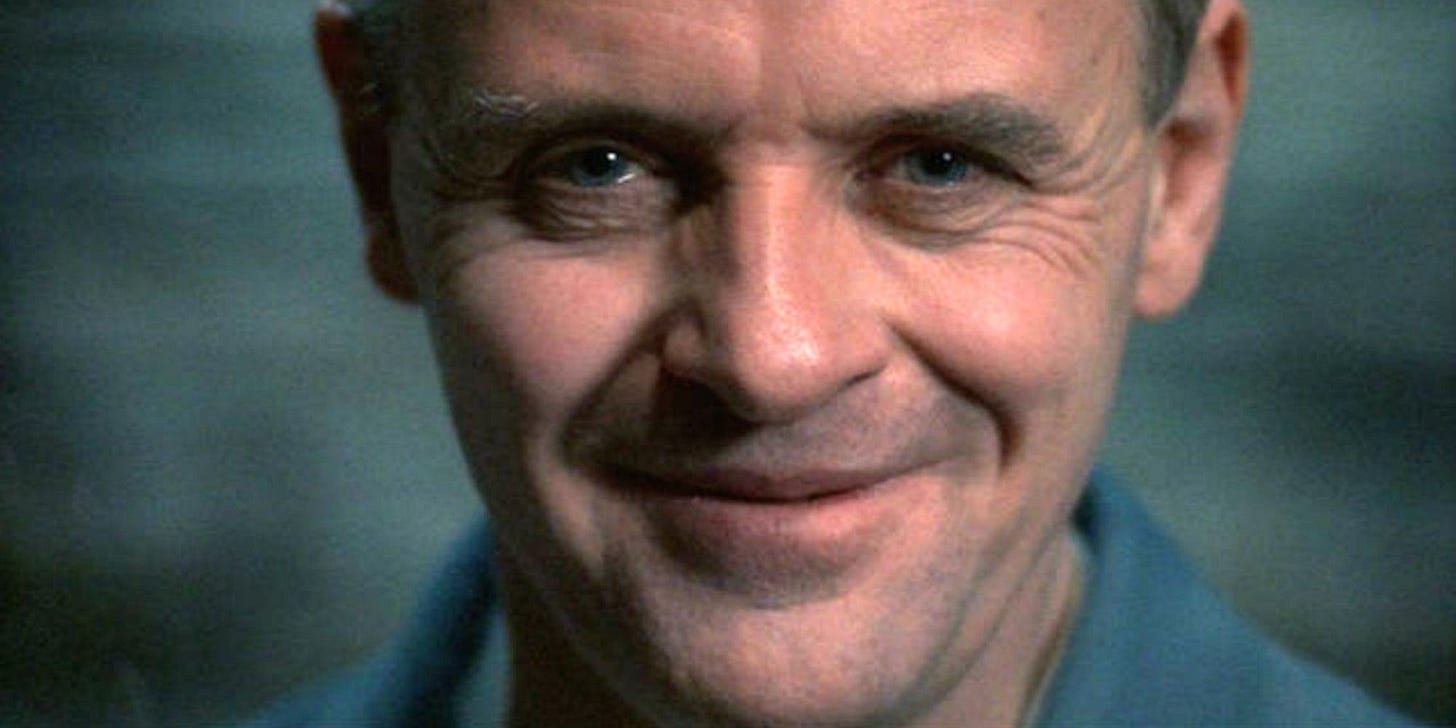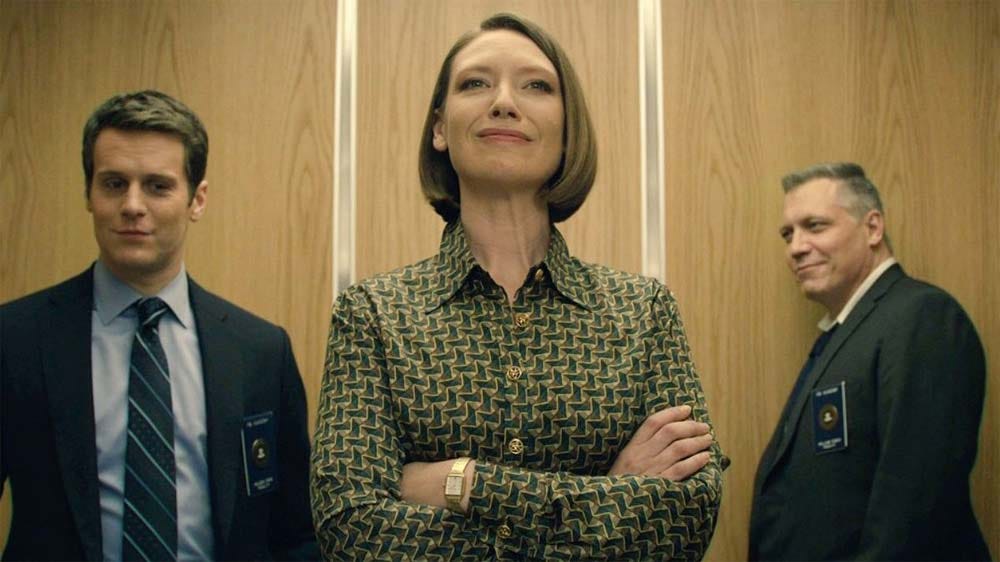The polemic surrounding Monster: The Jeffrey Dahmer Story
Should all true crimes be fictionalized?
Uninspired and quite frankly, boring, Ryan Murphy’s Monster: The Jeffrey Dahmer Story has clocked over 300 million hours of views, officially becoming one of Netflix’s most streamed shows ever.
The show tells the story of a serial killer and cannibal, Jeffrey Dahmer, played by Evan Peters. Through many flashbacks, the story follows his life closely starting from the moment he is caught.
Jeffrey was born in Milwaukee in 1960, where he developed an early interest in dead animals and dissection. He had a difficult childhood with an absent father and a depressed mother. Starting when he was 18, he murdered and dismembered 17 men and boys and committed necrophilia and cannibalism. It wasn't until 1991 that he was caught and sentenced to 15 life terms in prison. During a prison beating in 1994, another inmate killed him.
Jeffrey Dahmer's story is indeed interesting and worth exploring. Serial killers fascinate us. From Jack the Ripper to Hannibal. We are compelled to understand how anyone could be so cold and vile. How could they hide for so long?
However, the way we tell stories matters, especially for true stories where victims' families are still suffering from Dahmer's actions today. The scenes portrayed on Monster happened less than 50 years ago and many of the people portrayed are still around, having re-lived the story through multiple tellings throughout those 50 years.
The issue with True crimes
True crime has certainly experienced a rise in interest, especially in podcasts. True crime shows have the most downloads, prompting many to copy the formula and even prompting people to pursue real-life criminals themselves.
Films, TV shows, and books about serial killers are nothing new. As an example, the story of Jack the Ripper, a serial killer who operated in London in the 1800s, has been retold innumerable times. It's impossible to escape them, whether it's fictional works like Hannibal or reincarnations such as Ted Bunty, The Zodiac, Aileen Wuornos, and many more.
Still, for some years now, people have been asking if Netflix has a killer problem. More than other entertainment outlets, a number of Netflix’s hit shows spotlight gruesome violence, often committed against women, according to viewership statistics and industry experts. The success of Monster: The Jeffrey Dahmer Story will only serve to cement the fact that Netflix is only giving the public what they want.
Despite the massive audience, this fascination with true crimes has also caused a great deal of pain for the victims' families. They see crimes that destroyed them being used for mass entertainment.
Monster was strongly opposed by many of the victims' families, and they continued to protest after the show was released. Many complained they weren't contacted at all, which didn't allow them to express how they felt about it.
In an interview with The Insider, Rita Isbell, sister of Errol Lindsey, one of Dahmer's victims said:
"I was never contacted about the show, I feel like Netflix should've asked if we mind or how we felt about making it. They didn't ask me anything. They just did it."
The mom of Tony Hughes, who is featured prominently in episode 6 also spoke up against the show to The Guardian:
“I don’t see how they can do that. I don’t see how they can use our names and put stuff out like that out there.”
Is the show still worth it?
Monster: The Jeffrey Dahmer Story follows Jeffrey closely, from childhood to his last killing and arrest. We get to see how he felt different from other kids, how he couldn't cope with school, and came from a broken home. His mom's heavy use of prescription drugs, while she was pregnant, is even mentioned as an explanation for how he is.
Even without explicitly doing so, Monster glamorizes the criminal at the expense of the victims. Bringing him empathy in a situation where he shouldn't have any. It also makes for an uninteresting and uninspired serial killer show. As Caroline Framke puts in her Variety review:
If you want to see [Evan] Peters fight internalized homophobia by fondling a mannequin, masturbate to memories of gutted animals, or solemnly fry up a human kidney, I guess this show is here for you.
After a few weeks on Netflix, it has mixed or average reviews from critics on Metacritic and somewhat favorable reviews from users. More impressively, and head-scratching, the series is the second most-watched English-language series within a week of its release, falling right behind season four of Stranger Things, which clocked 335.01 million hours from May 30 to June 5.
It's difficult to understand why. It's difficult to watch, but not in a good sense.
Because Dahmer's name appears twice in the title, there is a strange hint that the show would put too much emphasis on him. Which is exactly the case. Although it makes sense to give some background so we can understand where the serial killer is coming from, Monster just gives him and his thoughts and feelings way too much importance.
It cuts him a lot of slack for being a misunderstood kid, while he was actually a cold-blooded psychopath. The show could have been far more interesting if it focused on the victims as it does in episode 6. It could also have centered on the police and their biases/inability to put this guy in jail as it somewhat does later on.
In some instances he had a policeman stop him while drunk driving with dismembered parts in the car. The police even brought a naked underage boy back to his home after he managed to escape!
It is not only unfair to grace an awful person by following him around most of the time, but it also makes the show monotonous. What attracts us to serial killer stories is that we are intrigued by the serial killer. We want to understand them, but not necessarily see the world through their eyes. A story that follows a character who is also intrigued and wants to know, and understand, makes a far more compelling one.
We could be following a police agent, for instance, navigating this crime or trying to understand him afterward, as Silence of the Lamb and Mind Hunter do so well. Maybe this cop would also have to fight her own biases or those of her colleagues to bring him down. Now that would be a show.
“How many movies/ shows/ documentaries do we need?"
Errol’s cousin, Eric Perry, also spoke of how the show had negatively impacted his family. He raised an extremely pertinent question on Twitter: “How many movies/shows/documentaries do we need?"


It is difficult to think about the consequences for those families of having a massive number of people all around the world watching this show. Especially if they are saying the truth about not being contacted about Monster being made.
Netflix not only released Monster but also an accompanying documentary about the case, which is also trending high in its viewership. Being a public story, Netflix and other media platforms are allowed to do this, but is it ethical? Especially by completely centering the story around this man?
Monster: The Dahmer Jeffrey Story could have taken a different approach and been more mindful of those still living with the pain of losing their loved ones. It could have told a different story, a more interesting one. It is not too difficult to do so.
Perfume (Patrick Süskind). Jean-Baptiste Grenouille is born in 18th-century Paris with one supreme gift: an unwavering sense of smell. He learns the craft of blending oils and plants as an apprentice to a well-known perfumer. However, Grenouille's brilliance prevents him from contently stopping there. One day he smelled something that would inspire him to embark on an increasingly terrifying quest to create the "ultimate perfume"—the aroma of a lovely young virgin.
Silence of the Lambs. Serial killer Hannibal Lecter is detained at a high-security mental hospital in Baltimore. He earned the label "Hannibal the Cannibal" because he actually consumed pieces of his victims. Hannibal is a man of great intelligence and sophistication despite his terrible side. Before his arrest, he was widely regarded as a top psychiatrist. The FBI chooses to get in touch with him because of his unique profile in order to assist them to find another serial killer.
Mindhunter. This crime drama, which has David Fincher as its showrunner, centers on psychologist Wendy Carr and two FBI agents named Holden Ford and Bill Tench. They operate at the Behavioral Science Unit of the FBI's Training Division. Together, they began a study project in which they spoke with incarcerated serial killers in an effort to better understand their psychology and use that knowledge to resolve open cases.














I’m not sure where the origin of our modern fascination with true crime lies, but two texts from the 60s might have had something to do with it. Truman Capote’s “In Cold Blood” appeared in magazine form in 1965 and book form in 1966. Then there’s Joan Didion’s essay “Some Dreamers of the Golden Dream” which appeared in magazine form in 1966 and in her influential collection “Slouching Towards Bethlehem” in 1968.
Both of these texts are what we would probably now call literary non-fiction and both writers were also known for their novels. I recently re-read Didion’s essay and was surprised at how prescient her essay is regarding the true crime story. You can read it here, although I noticed numerous typos, so it might be worth tracking down her “Slouching” book:
https://www.therivetermagazine.com/some-dreamers-of-the-golden-dream/
Hi there... Thanks for the recommendations - I am a huge fan of Mindhunter - wish they would bring it back for another season. I'll try "Perfume." I agree with you about the Dahmer docudrama and the point about the grief of the families. I recently got pulled into the Michael Peterson case and felt compelled to read about the case in many iterations because the documentary was edited in a such a way that too many pieces to the story were missing.